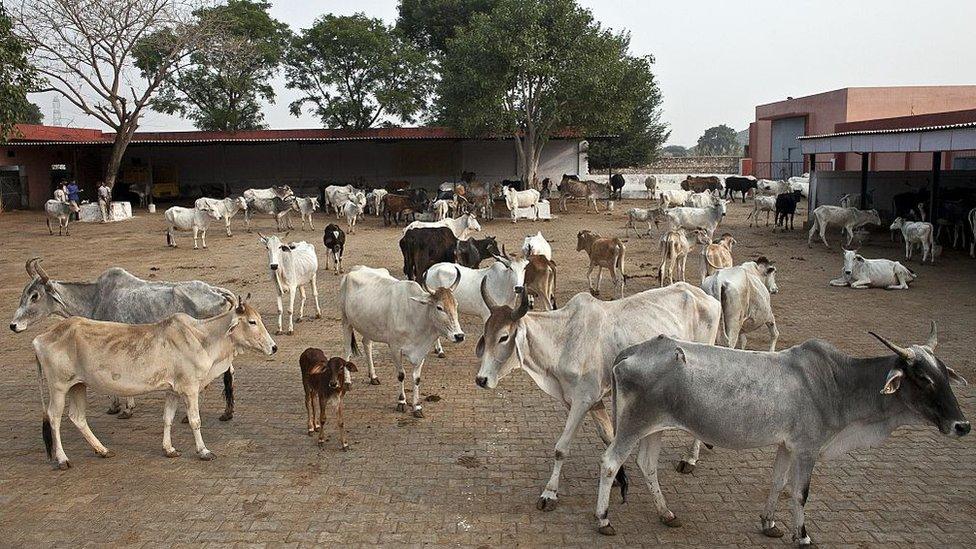BUSINESS

LAGOS BEEF CRISIS: DAILY COW SLAUGHTER DROPS BY 40% AS PRICES SOAR
The number of cows slaughtered daily in Lagos State has plummeted from 5,000 to 3,000, signaling a deepening crisis in the beef industry amid Nigeria’s worsening economic situation.
Alhaji Bamidele Kazeem, Patron of the Lagos State Butchers Association, revealed this in an interview with the News Agency of Nigeria (NAN) on Thursday, attributing the sharp decline to inflation, insecurity, and skyrocketing cattle prices.
According to Kazeem, the trend began in 2015 due to insurgency in the North but has now worsened with the current exchange rate crisis and rising cost of living. He lamented that the price of a single cow, which used to range between ₦400,000 and ₦500,000, has now surged to an alarming ₦1.6 million to ₦1.7 million, making beef increasingly unaffordable for many households.
“Banditry and farmer-herder conflicts have also affected cattle production, leading to supply shortages and a drastic drop in the number of cows slaughtered in Lagos,” he explained.
Kazeem warned that the situation could deteriorate further, threatening the availability of meat in Nigeria’s largest commercial hub. He called on the Lagos State government, butchers, and cattle farmers to collaborate on solutions to stabilize the industry and ensure affordability.
Additionally, he highlighted the impact of environmental factors on livestock, noting that rising temperatures contribute to heat stress in cattle, which negatively affects their growth, fertility, and milk production.
To ensure food safety, Kazeem reassured Lagos residents that veterinary doctors from the state health ministry routinely inspect slaughtered cows to prevent disease outbreaks.
With beef prices soaring and slaughter rates declining, consumers may soon feel the impact on their dinner tables, prompting urgent calls for government intervention in Nigeria’s struggling livestock sector.
This version enhances readability, SEO potential, and engagement. Let me know if you need any tweaks!
"This represents a significant development in our ongoing coverage of current events."— Editorial Board









